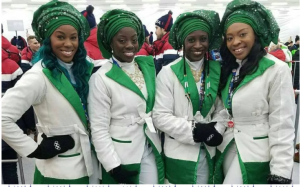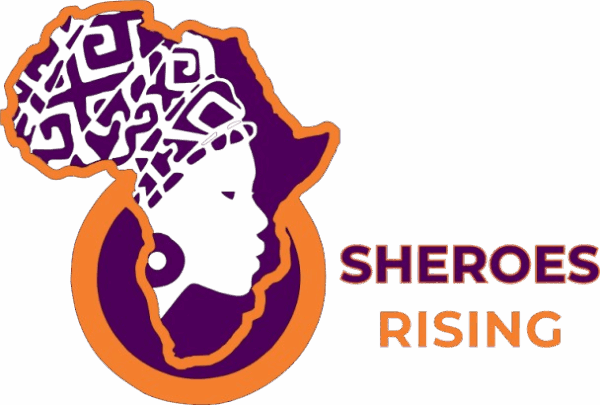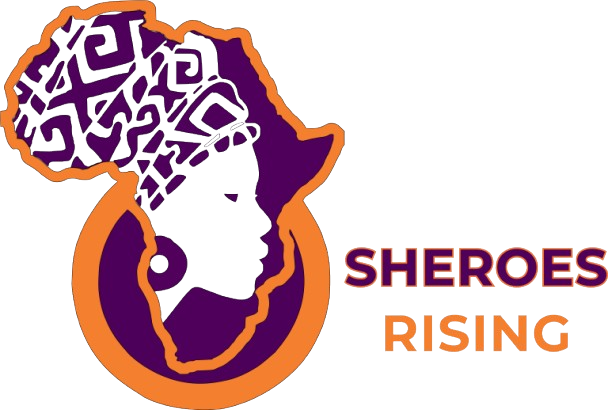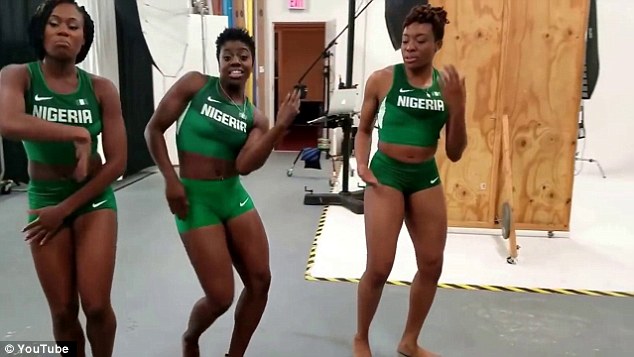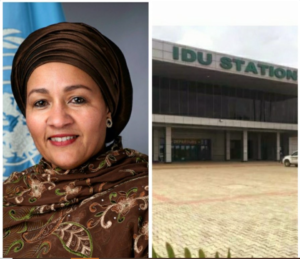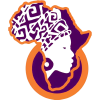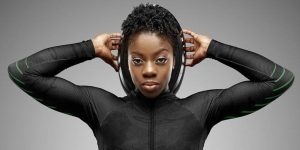
Seun Adigun, born on 3rd February 1987 in Chicago Illinois to Nigerian parents is a field and track athlete who competed in the 2012 summer Olympics but did not qualify.
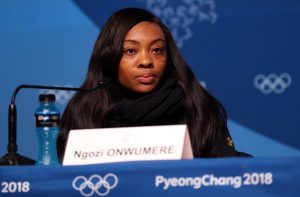
Ngozi Onwumere was born on January 23rd 1992 in Mesquite Texas also to Nigerian parents represented both Nigeria and the US in several athletic competitions. She represented Nigeria in the 2015 All African Games in Brazzaville Congo and the IAAF World relays in the Bahamas same year. She is a student of the University of Houston Texas.
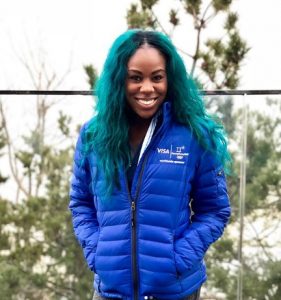
Akuoma Omeoga born on June 22nd 1992 is also an athlete born in the US to Nigerian parents.
The 3 ladies had something in common, their ability to dream, to have an ambition and to pursue it. Even though Nigeria has never been listed to compete in Bobsled in an international sporting competition like the Olympics, the trio believed they can be the first to bring Nigeria into the League of Nations on the game, and they did.
Three Nigerian-American young ladies made history, by not only making their Olympic dreams come true but by also being the first ever African bobsled team to qualify for the Olympics.
They became the first Nigerian athletes to compete at a Winter Olympics, when they competed at the PyeongChang Games China in February 2018.
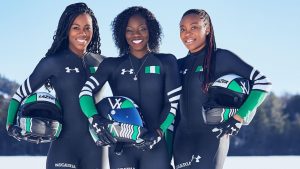
Seun Adigun, Ngozi Onwumere and Akuoma Omeoga are the force behind the team, which officially qualified for the games in November last year. Even though they all have sporting backgrounds with lots of successes and wins to their credit, but none of them had been in bobsled before 2015.
According to Ngozi Adigun, the Olympic dreams called her back in 2015; but this time to unfamiliar territory: sliding on ice at speeds up to 90 miles an hour.
As at the time, the sport was trying to grow and attract former track athletes. Adigun was recruited into the Team USA and she became a brake-woman for a year, and not long after, she had a conversation with Nigeria’s bobsled federation.
“They told me there’s an opportunity for me to help change what it means to be a bobsled athlete for the continent of Africa, and in the sport itself. The humanitarian in me knew that this was something that I had to do,” Adigun said.
A year later, she enlisted friends Onwumere and Omeoga as her brakewomen to form a bobsled team from scratch.
“She kidnapped us. That’s the story,” Omeoga said.
“Yeah! Held captive!” Onwumere chimed.
But they all felt it was the right time to do something big for their country, and continent.
Adigun has a special tool for teaching when not on the ice. It’s a wooden sled that she calls the Mayflower.
“I built it when I was a brakeman in the US. So, when I decided to start the Nigerian team it just became the bobsled 101 tool. We spend a lot of time doing reps on the Mayflower, on turf or track surfaces,” Adigun said.
‘’The journey so far has been a great ride. It has taught me that self-improvement is on a continuum. Even when we get to the And that’s what life is about, just always wanting to improve, to be the first to do anything is, I think, it’s just something that you can’t really explain.” Says Ngozi Onwumere
” Ngozi Onwumere said.
Seun Adigun doesn’t want to be seen as the new kids on the block. As she enthused, ‘’we want to be able to be something that people can really be able to be proud of.”
Once her teammates were on board, official Olympic rules required them to operate under a national governing body. None existed, hence what gave birth to the Bobsled and Skeleton Federation of Nigeria.
A GoFund Me campaign was created in 2016, and the team raised more than $75,000 in 14 months to pay for necessities like helmets, uniforms, travel, and their first sled — a wooden vessel affectionately named “The Maeflower.” And they began practicing in Houston, without snow.
The team’s popularity soon attracted Visa and Under Armour as sponsors. To qualify for the Winter Games, the women had to complete five races. They met their goal in November.
The team said their main goal is to be an example for women in sports in their home country and globally.
